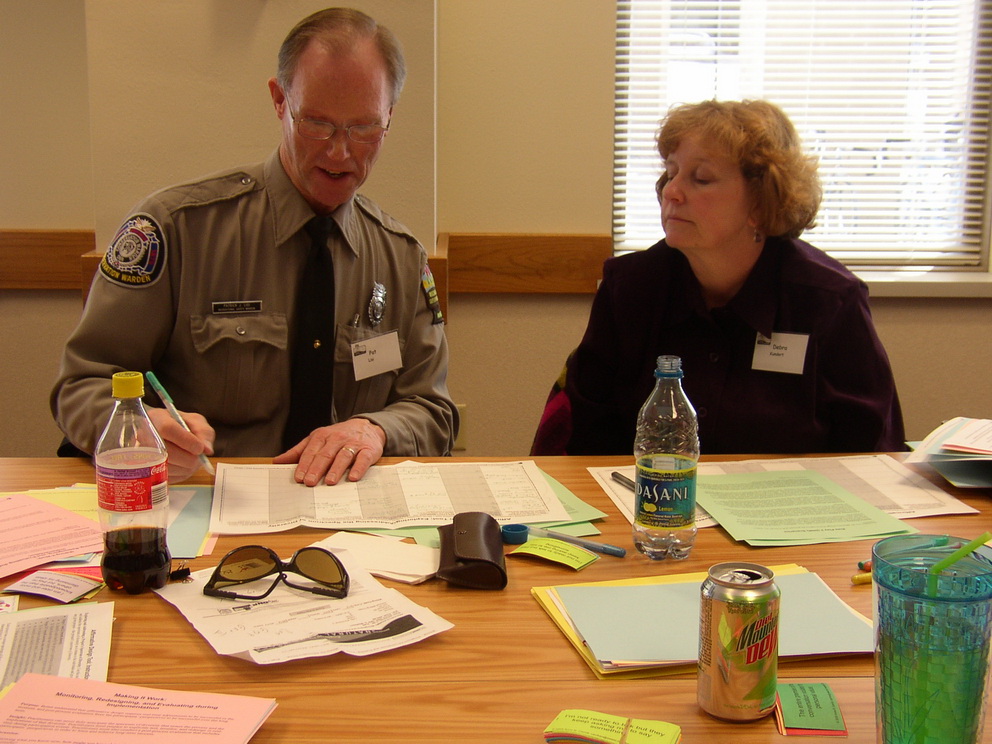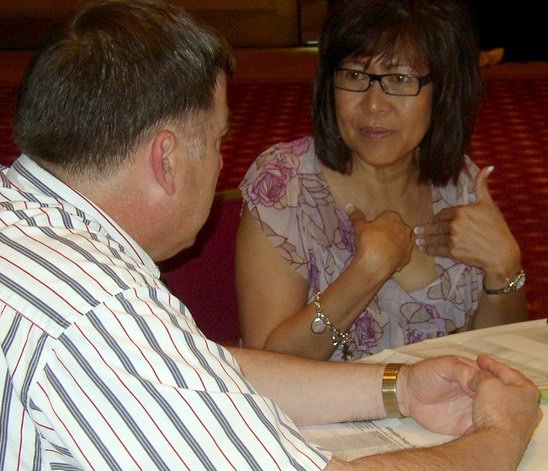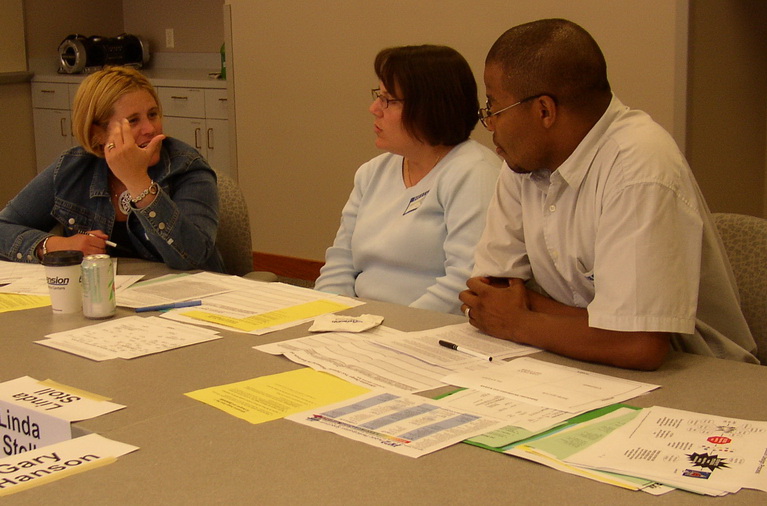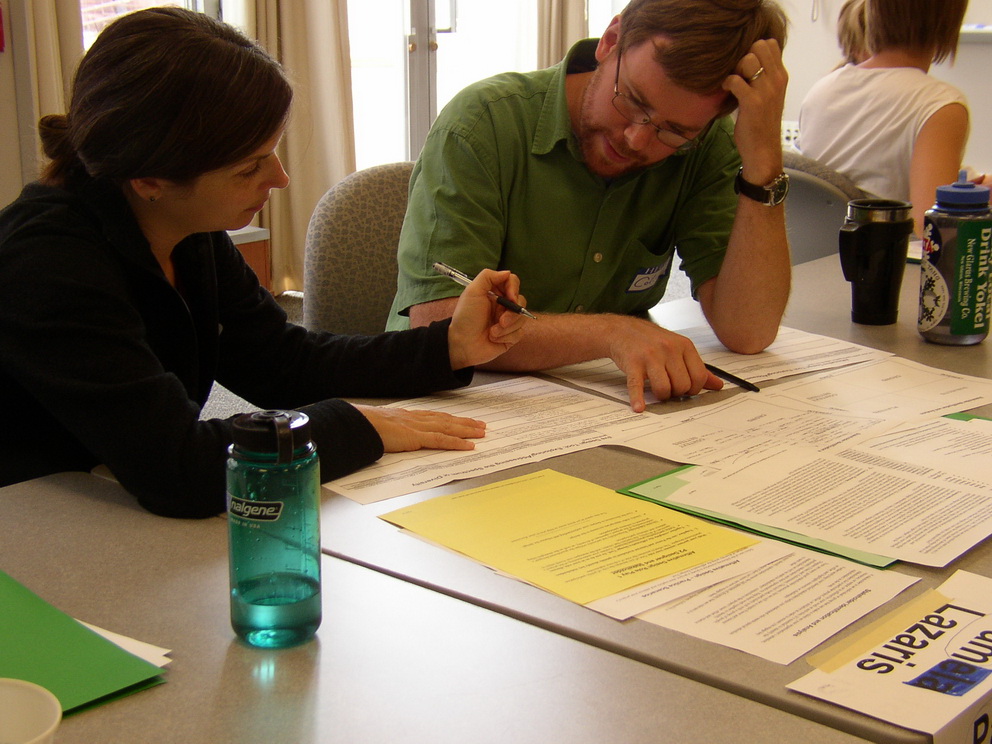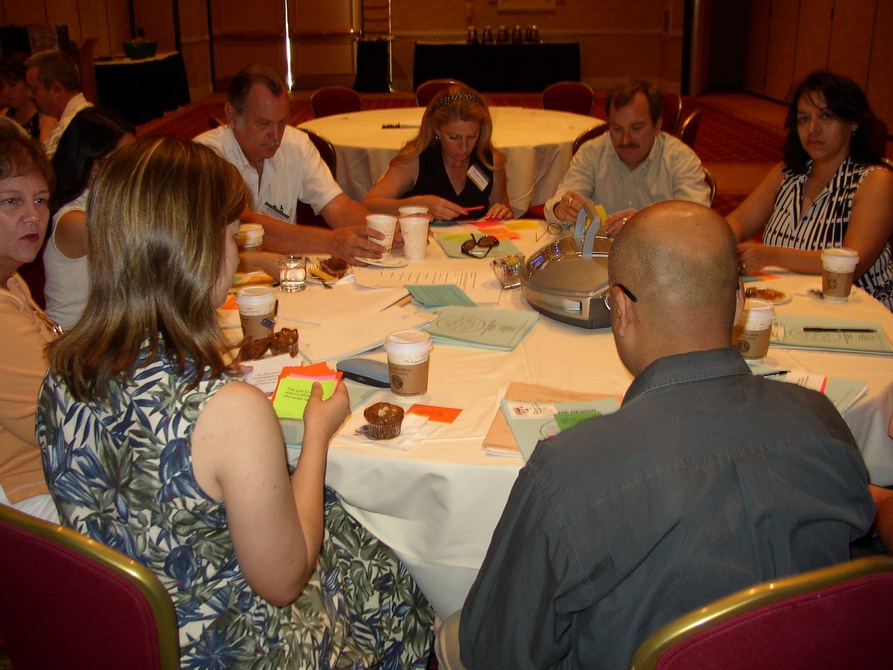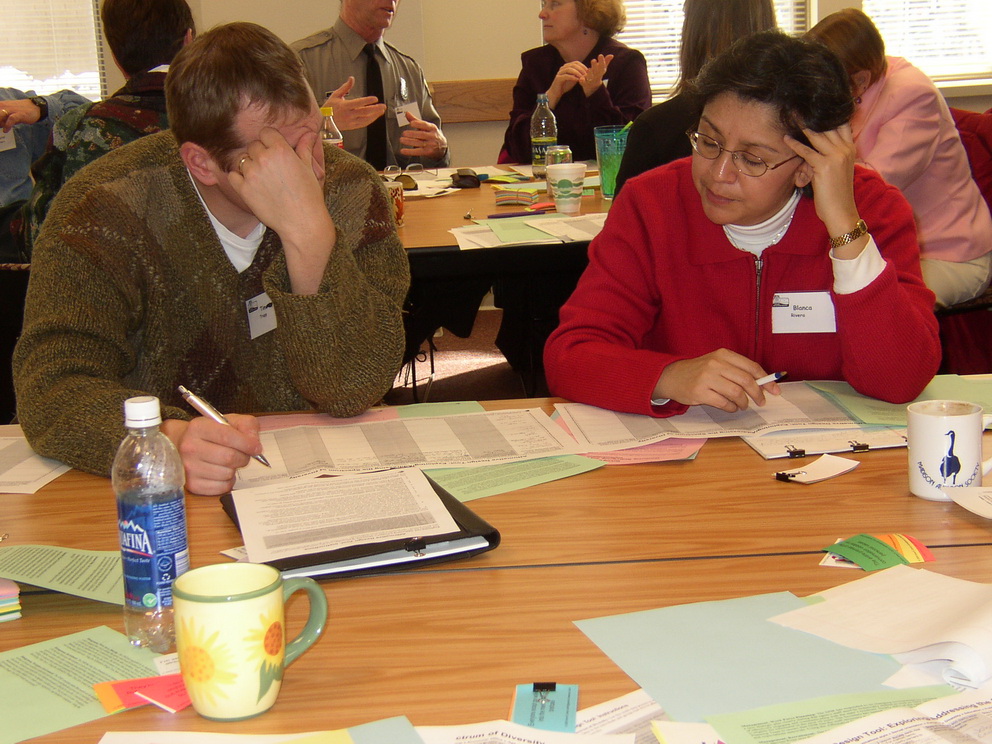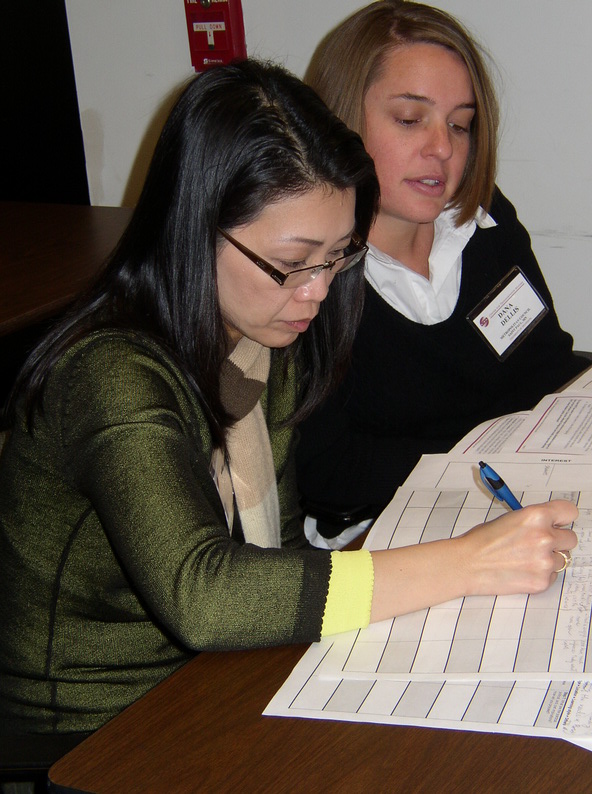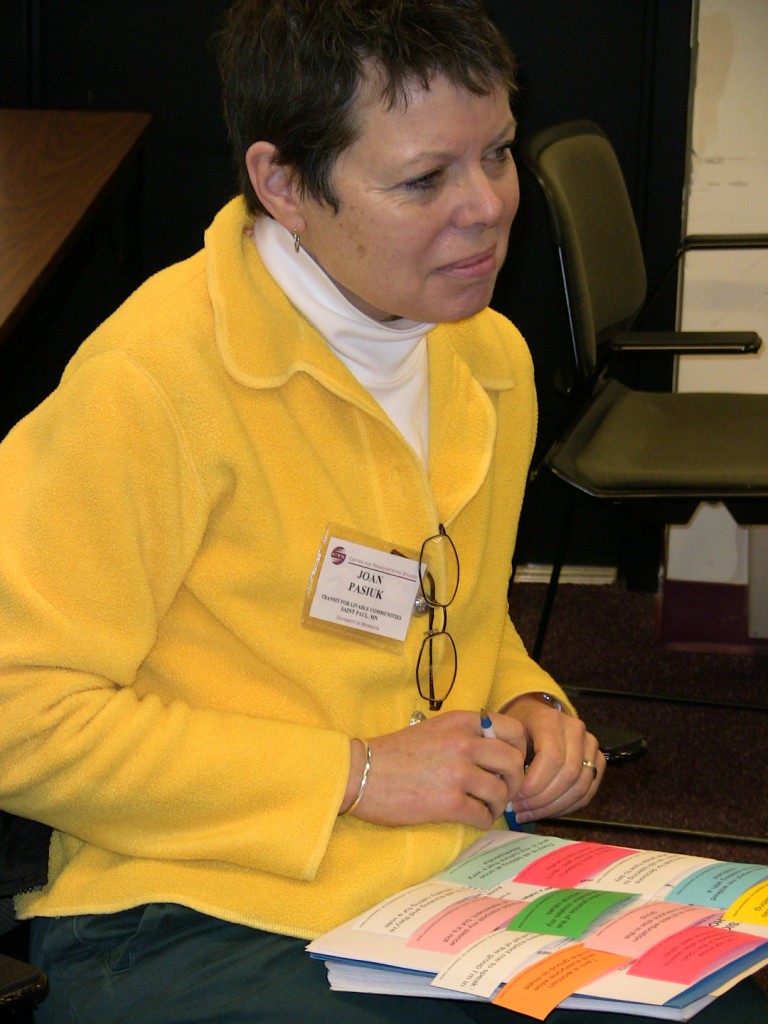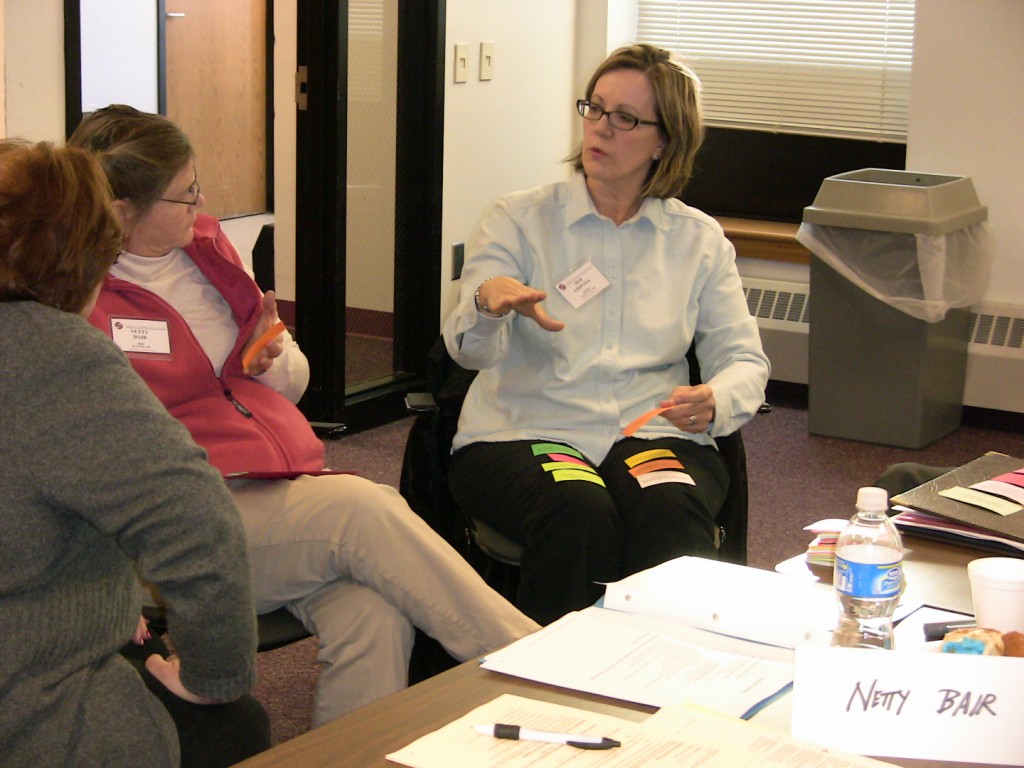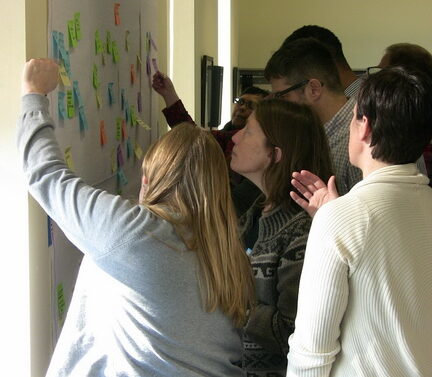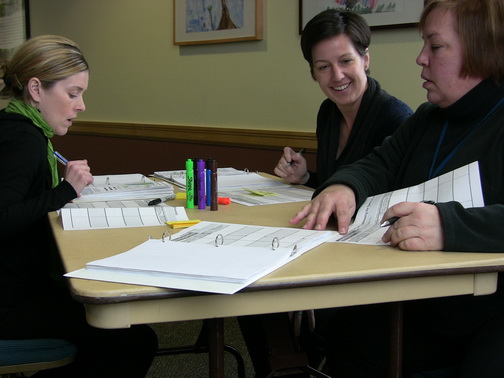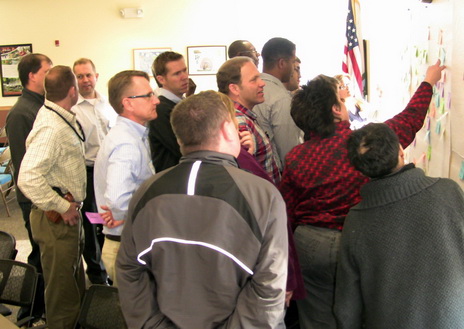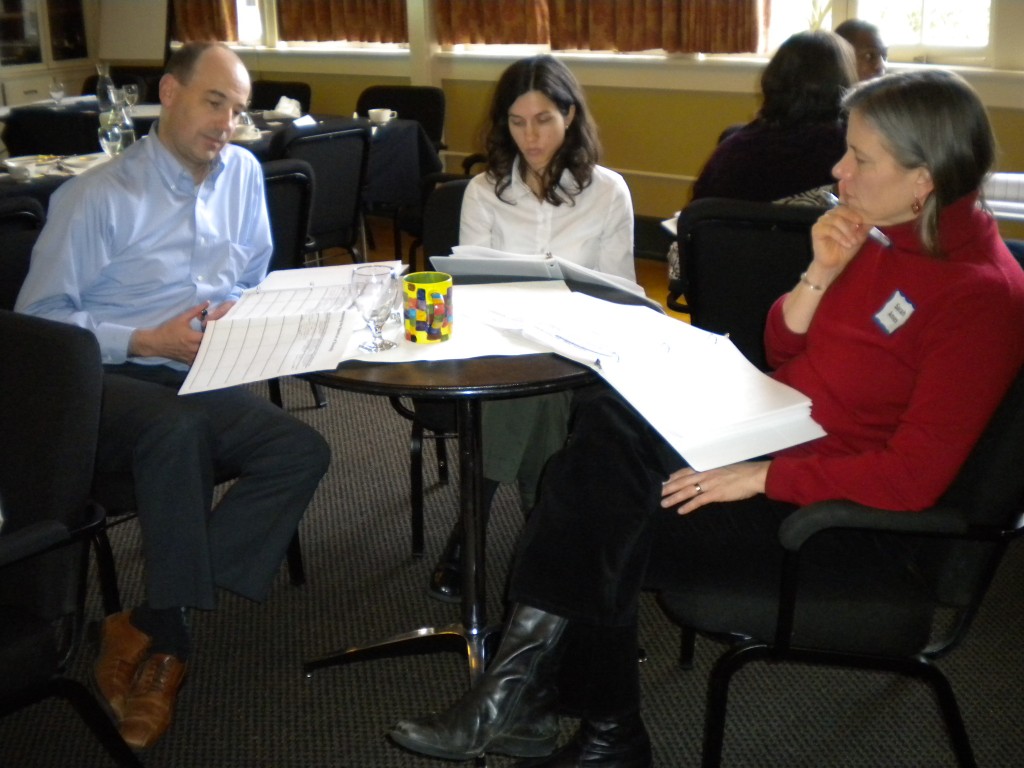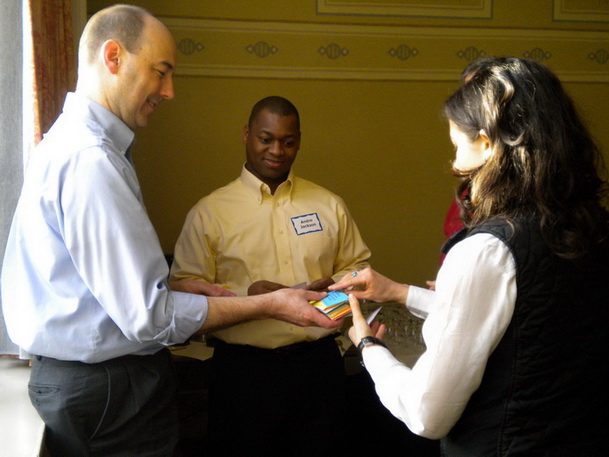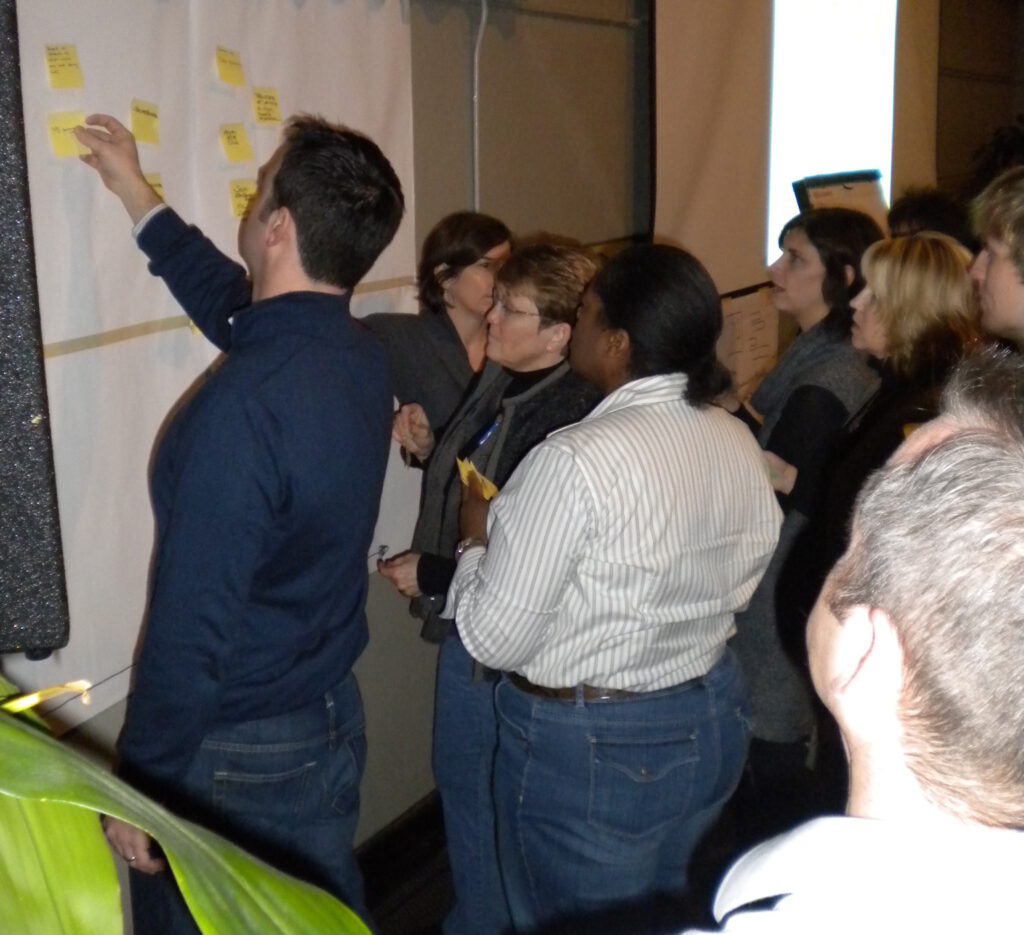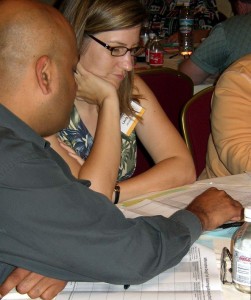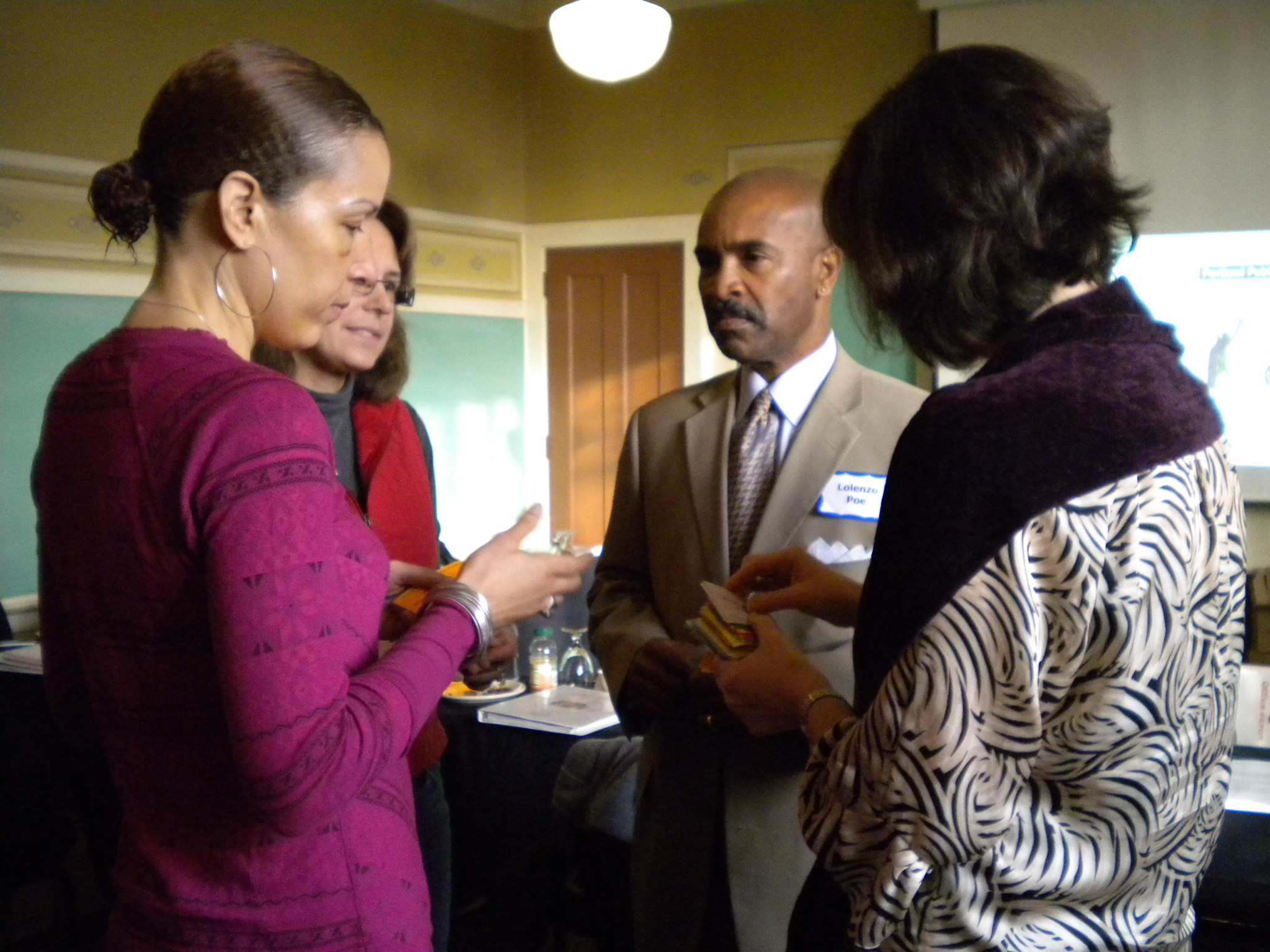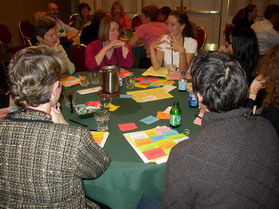Overview
As project stakeholders and their perspectives become increasingly diverse, practitioners are challenged to intentionally design and successfully implement robust and inclusive engagement processes that ethically and equitably engage all key stakeholder groups.
Structured around a comprehensive Engagement Framework, participants learn and practice through cases, audio vignettes, exercises, and multiple templates. They expand their understanding of the spectrum of diversity and leave the course with the skills to design their own equity-centered processes, develop robust and inclusive workplans, and implement with fidelity and an evaluation strategy to refine their efforts. The course explicitly incorporates the International Association for Public Participation’s (www.iap2.org) three pillars: Core Values, Code of Ethics, and Public Participation Spectrum.
Duration, format: Full course is 2 days in person; customized executive courses and shorter refresher courses also available.
Costs for up to 16 participants: Approximately $6,000 including all participant e-materials, with adjustments depending on organization-specific customization, number/timing of courses, and format; expenses are extra.
Learning objectives
- Appreciate and respect the “spectrum of diversity” that enters any P2 effort, and understand the value and critical importance of bringing multiple perspectives forward to address complex community issues
- Learn how to define clear engagement objectives for increasing and deepening inclusion within public engagement efforts
- Gain experience in equity-centered stakeholder identification and appropriate participation tools
- Understand the essential art and science of ethical and equitable engagement design, and how to translate that into effective and successful implementation
- Develop ethical and effective approaches and techniques for supporting and engaging the full spectrum of stakeholders
- Explore underrepresentation, how to recognize and explain it, and what to do to ensure all stakeholder voices are heard
- Understand how to evaluate and redesign during implementation
- Know how to translate new learnings into successful and inclusive practice
Evaluations
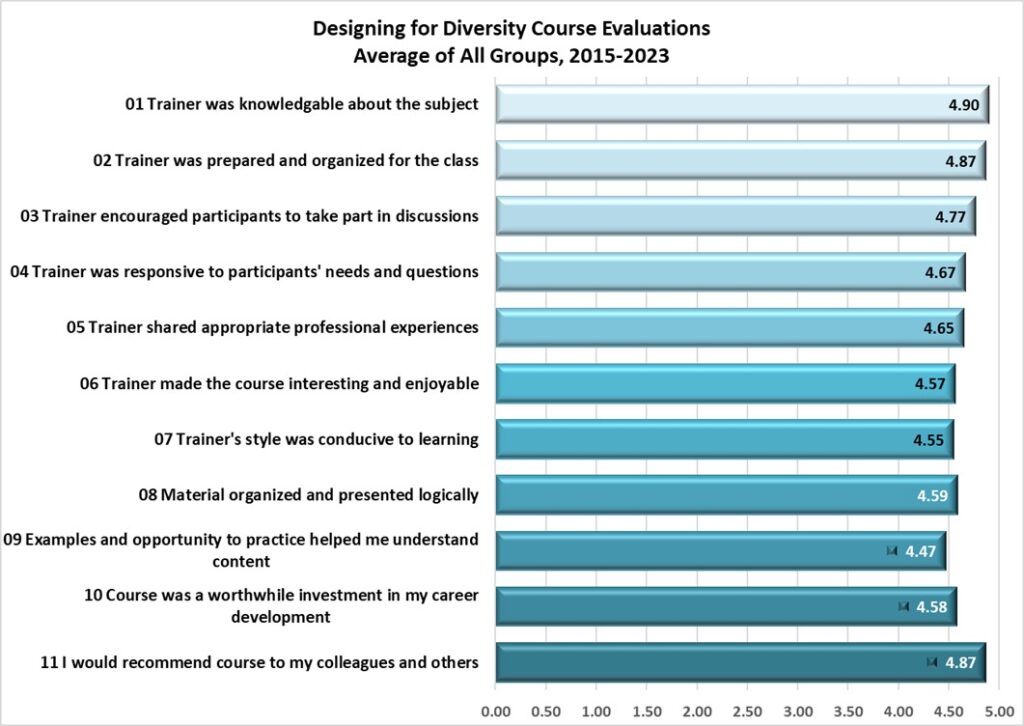
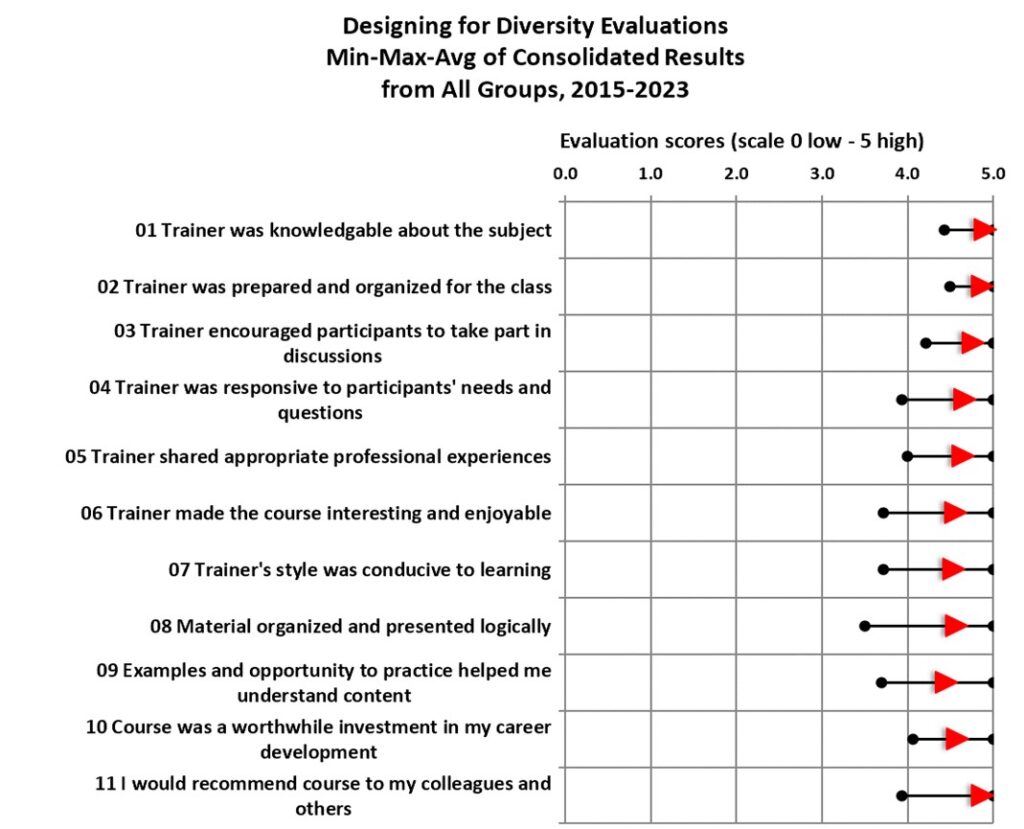
Selected course hosts/clients and participant organizations
- Minneapolis Parks and Recreation (6+ courses)
- School districts: Portland, OR + community organizations (4 courses); Osseo, MN; Minneapolis; Saint Paul (5 courses + train-the-trainer program)
- US Environmental Protection Agency
- Cities of Minneapolis, Fort Worth, New Orleans + connected community organizations
- Hennepin County, MN Libraries (2 courses)
- Ramsey County, MN Parks and Recreation and Environmental Health
- Minnesota departments of Commerce, Transportation, Natural Resources; Wisconsin Natural Resources; Arizona Transportation
- IAP2 USA, IAP2 Canada, and several regional chapters
- Metropolitan Council and Metro Transit (MN)
- Mayo Clinic
- Consulting firms in US, Canada
- Canada Revenue
- Parks Canada
- Canadian Blood Services
- Canada Public Health
- Cities of Winnipeg and Kenora, Manitoba; cities of Saskatoon and Regina, Saskatchewan
- Manitoba Hydro
- SaskPower
- Government of Saskatchewan
Course outline (see photos following outline)


